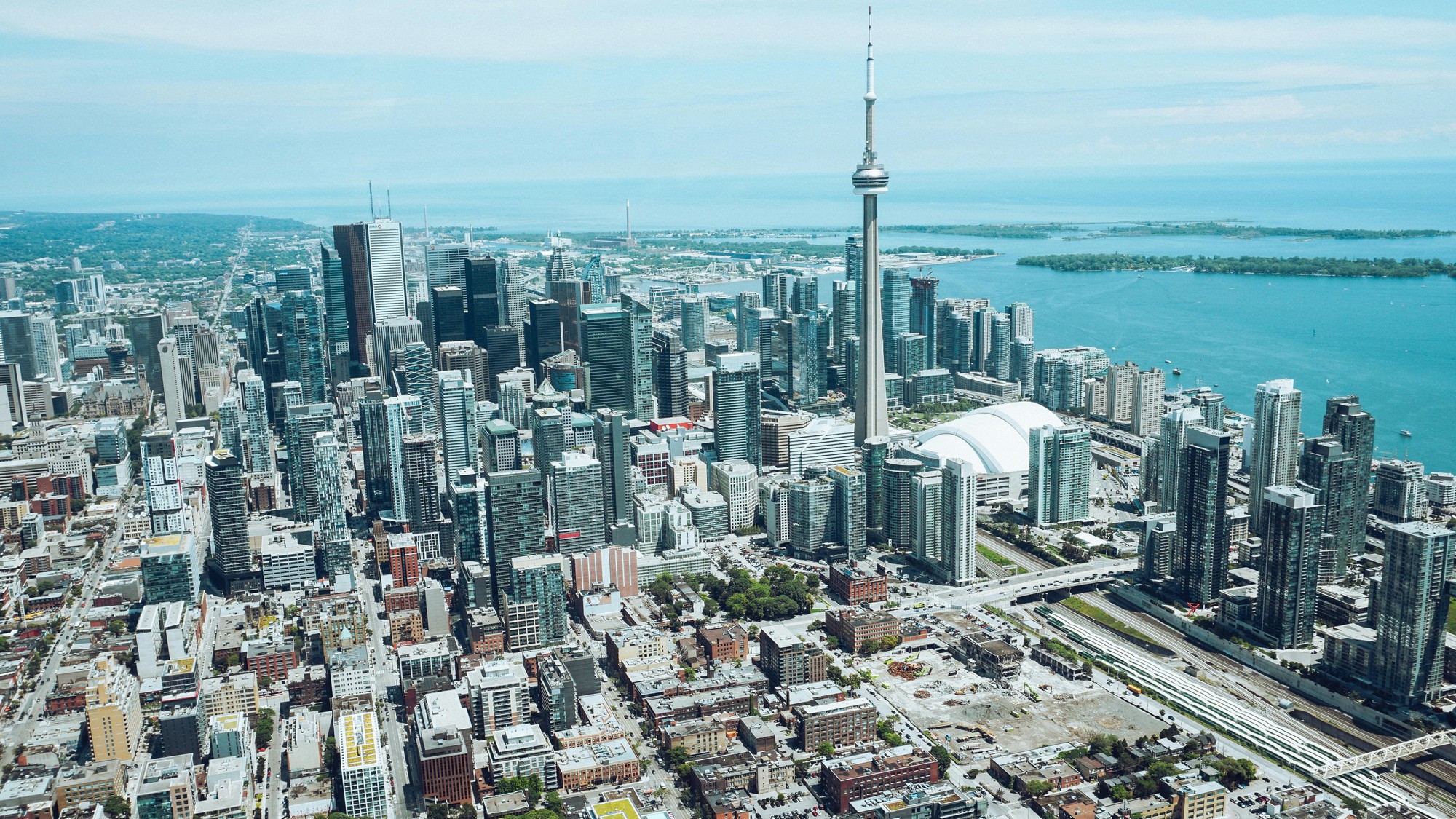Despite the small decline in Toronto rent prices, the Greater Toronto Area (GTA) continues to see an overall rise in rent.
Canada needs expanded rent control to decrease prices and allow more low-income individuals and families to find affordable shelters.
A single policy for the entire province would stop the rise of prices outside of core downtown areas like Toronto.
A report from Rental.ca said as of March 2024 rent has increased up to 15 per cent in townships outside of the core of Toronto.
The report said Etobicoke’s average rent for a single-bedroom apartment rose by 1.9 per cent to $2,255, and Mississauga’s rose 5.2 per cent to $2,249.
The report also said Waterloo’s rent rose by 14.2 per cent and is now above $2,000 a month.
One of the few areas in the GTA where rent decreased was in Toronto, where it fell by 0.2 per cent from the previous year, the report said.
Despite the fall, a single-bedroom apartment in Toronto costs $2,495 a month.
Ontario Premier Ford and Prime Minister Justin Trudeau are desperately throwing money at the problem, but they do not understand the key issue.
No amount of federal and provincial funding can make up for tangible policy intervention.
Rent control is the only solution when 55 per cent of the average Canadian income is spent on rent in Toronto.
Statistics Canada reports the average Canadian income is around $54,000 per year, while the reported average rent total for a single-bedroom apartment in Toronto is $29,940 per year.
The Canadian government released a statement on Jan. 29, 2024, announcing reforms to the Apartment Construction Loan Program to incentivize building student housing.
This change may alleviate student rent in Toronto and increase school enrolment, but it does not do enough to help alleviate suburban prices.
Currently, rent control in Ontario restricts the rent increase as long as the tenant stays, however, as soon as a tenant leaves a shelter, the Residential Tenancies Act allows landowners to have the right to ask for any price the market will accept.
This loophole allows landowners to evict tenants, creating these high rents and hurting people looking to rent in the GTA.
Ford presented Milton, Ont., with $8.4 million on March 8 to add more housing.
Ford said Milton built 1,952 new homes in 2023 with the Building Faster Fund, but he did not mention how many were rentals nor how much rent was for the rentals.
The Toronto Regional Real Estate Board’s (TRREB) Jan. 31, 2024 report said rent in Milton averages $2,311 for a one-bedroom apartment, about 51 per cent of the average Canadian income.
If we return to a strong rent control policy, tenants would not have to pay half their income to have a roof over their heads.
Canadian politicians need to do more to find solutions to address the real problem instead of just throwing money at contractors in the hopes that building more homes will lower the rent.

